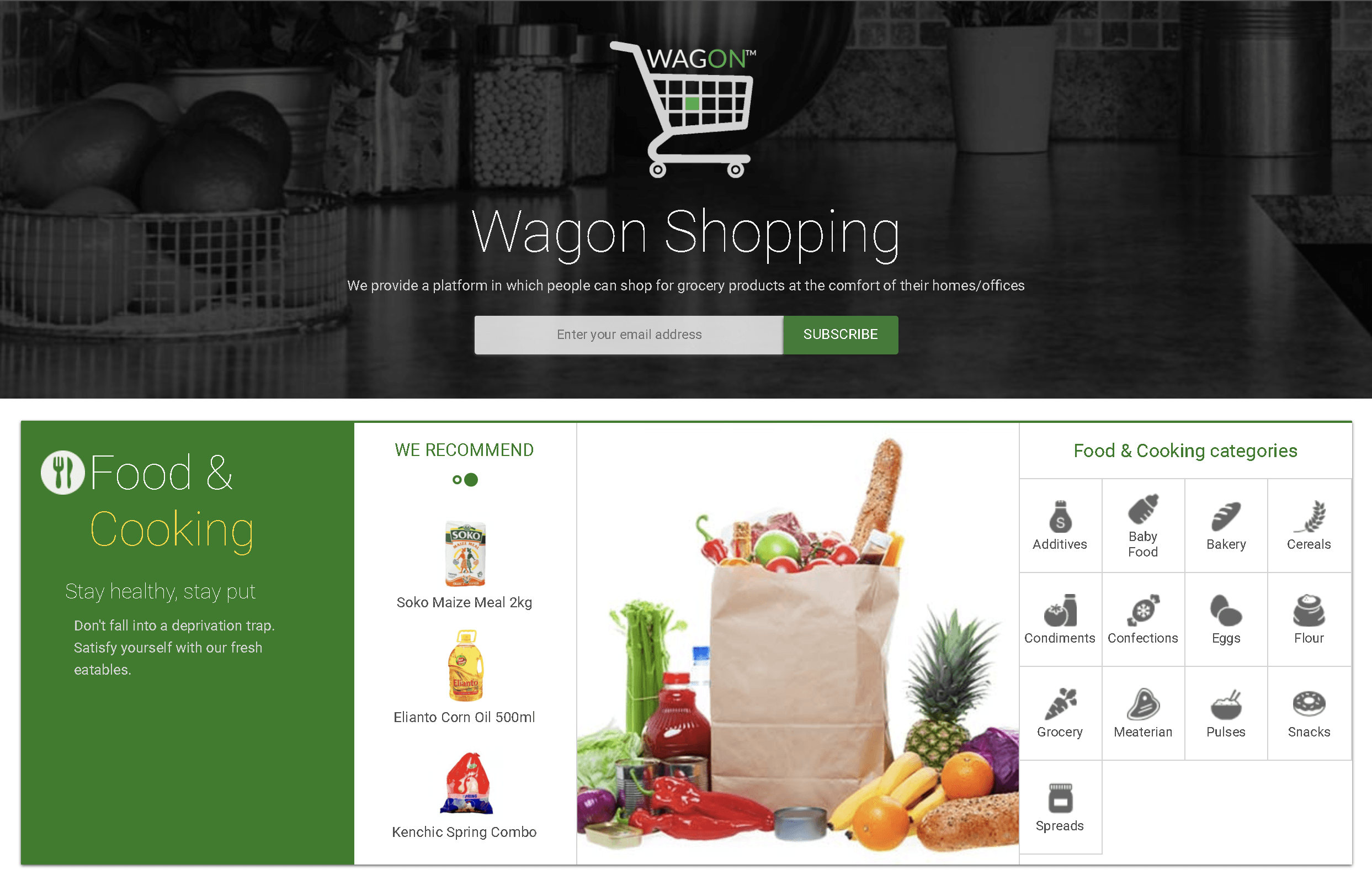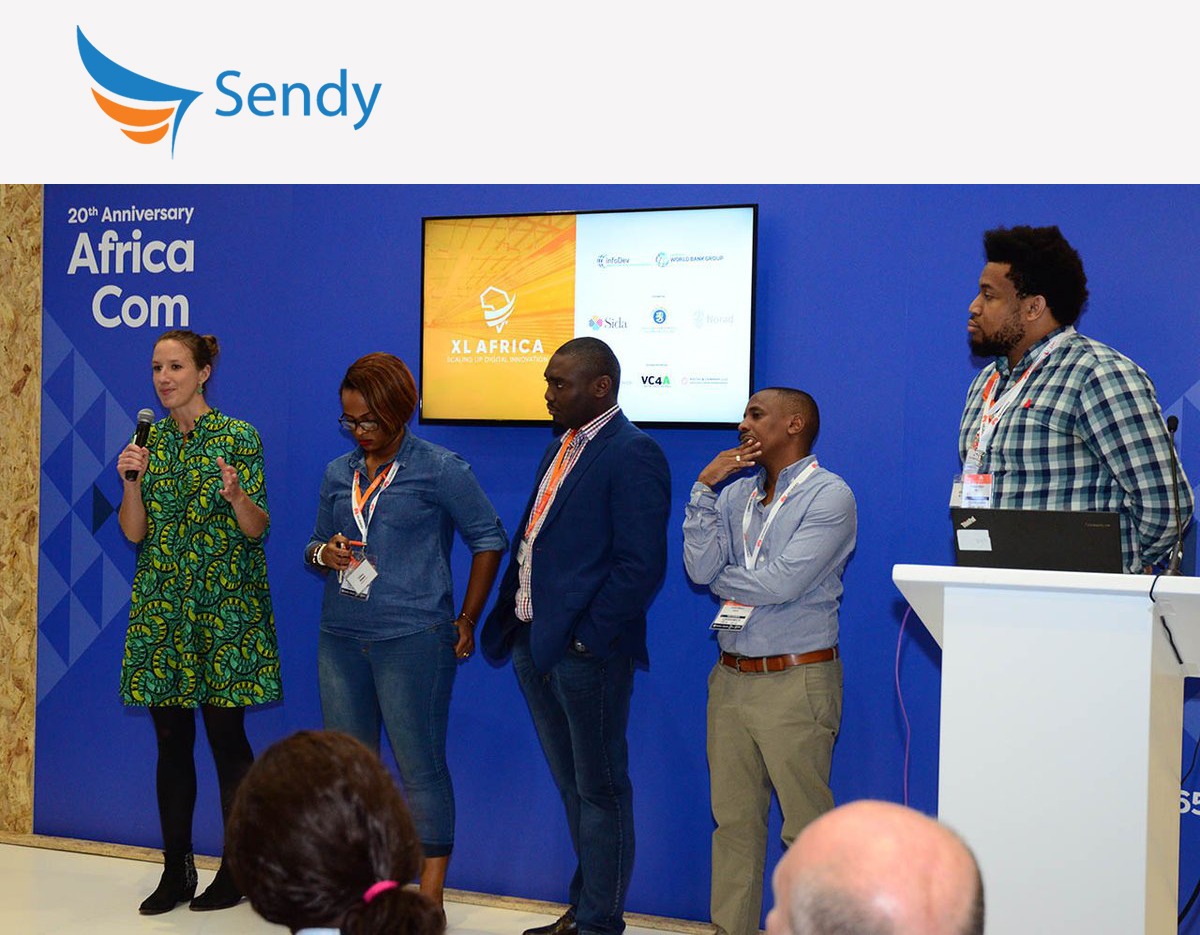Kenyan e-commerce startup Wagon Shopping has big ambitions for African expansion after launching its platform that allows users to get goods from supermarkets delivered to their home within two hours.
Launched in February, Wagon Shopping is looking to take the hassle out of shopping by enabling users to skip the queues and simply “Wagon it”.
Its platform lists retail products and prices, with chief executive officer (CEO) Edgar Ochieng saying the startup is going up against the likes of Jumia in the e-commerce space. Its key differentiator? It can deliver shopping within two hours of an order being placed.
“Our logistics team consisting of Wagon riders, shoppers and drivers works towards improving efficiency when it comes deliveries from our side,” he told Disrupt Africa.
“The difference when it comes to what we offer is simple. Our niche of supermarket products is what sets us apart.”
Wagon Shopping has raised close to KES600,000 (US$6,000) in funding thus far, which it has invested in logistics and marketing, and has over 100 subscribers with around 4,500 page views each month. Ochieng, however, has bigger plans.
“We plan to do a city-to-city expansion, with Nairobi as our testing ground for proof of concept. With aggressive advertising, efficient and timely deliveries, frequent offers, and a good customer service base, we hope to achieve a greater market share,” he said.
The grand plan is to expand to at least 10 countries in East, Central and West Africa by 2020. Wagon Shopping makes money by charging delivery fees and marking up some products, while it is also selling advertising on the site.
“We will be looking at manufacturer and wholesaler partnerships, which will ensure we have a markup on all products sold,” said Ochieng.
“With a set advertising model, we will be looking to leverage on site visitation, page views, and product engagement to generate advertising revenue.”
The biggest challenge so far has been reaching enough customers.
“However we do believe that with vigorous marketing, we will be able to achieve maximum penetration,” Ochieng said.
Article Source: Disrupt Africa













